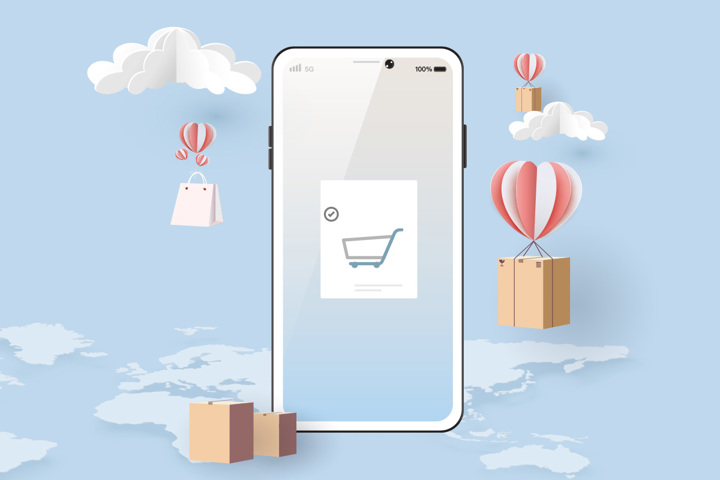
New EU VAT e-commerce rules: What you should know
8 October 2021
On 1 July 2021 the EU revised the VAT treatment for supplies of goods and certain services to EU based consumers on the principle that all such supplies should be subject to VAT in the country where the consumer is located. Sharon Gillies, VAT Director at SCC member firm Rawlinson & Hunter, answers some of the most common questions arising from this revised policy and how it affects businesses.
What is the purpose of the new EU VATe-commerce rules?
The European Commission’s goal is to put EU and non-EU businesses supplying EU consumers on an equal footing, and potentially reduce the costs of complying with EU cross-border VAT rules. Although, this could increase costs for some businesses who previously had no requirement to register in the EU. In addition, more supplies are brought within the scope of EU VAT, increasing EU tax revenues.
What changes do the new rules entail?
The supplier is obliged to register for VAT in the country where the consumer belongs and charge VAT in that country. However, in order to lessen the burden for businesses of potentially having to register in many EU jurisdictions, new One Stop Shop (OSS) schemes have been introduced. These allow eligible businesses to be able to register with just one EU tax authority to manage their VAT obligations across the EU. The three new schemes
that have been introduced are:
- Non-Union scheme – this applies for any business that is not established in the EU (now including UK suppliers) but charges EU VAT on supplies to consumers.
- Union scheme – this applies for EU businesses making intra EU supplies of most services and distance sales of goods to consumers.
- Import scheme (Import One Stop Shop) – this applies for businesses selling goods to EU consumers in consignments of a value of less than €150 (£135GBP). The supplier must register for VAT in the EU and charge the VAT due in the consumers country at the point of sale. VAT is accounted for in the EU under the IOSS scheme registration.
This means that for these relatively low value consignments there is no VAT to be paid at the point of import into the EU, with the aim of facilitating faster customs clearances.
Who do the rules apply to?
The rules apply to businesses who make supplies of goods and certain services directly to EU consumers. The rules also apply to online marketplaces when sales are facilitated via the marketplaces.
How are UK based businesses affected by the new rules?
Previously, businesses making intra EU or UK to EU supplies could account for VAT in their own countries on the supply to the EU consumer in most cases. Eg, a UK business would have charged UK VAT. Now, a UK business making such supplies to an EU consumer should not charge UK VAT on those supplies but instead should consider the need to account for VAT due in the country where their customer belongs.
What action do businesses need to take to align with the new rules?
Businesses need to consider the nature of their supplies to EU consumers and the requirement to register for VAT in the EU. Consideration should be given to the exact requirements of the schemes and the need to perhaps appoint a tax representative in some EU countries. Businesses should ensure they are no longer charging UK VAT on supplies that are no longer within the scope of UK VAT.
The above is an overview of these somewhat complex EU VAT changes which impact non-EU business making supplies to EU consumers.
It should also be noted that under the Northern Ireland (NI) Protocol in the Brexit agreement, NI is treated as though it were still a member of the EU for supplies of goods only between NI and the EU. Therefore, it should be borne in mind that reference above to the UK strictly means GB (England, Scotland & Wales).
Businesses should seek further specific advice as appropriate on any aspects of these changes that directly affect them.
About Rawlinson & Hunter
Headquartered in the City of London, Rawlinson & Hunter is the UK’s largest combined firm of Chartered Accountants and Chartered Tax Advisers, specialising in the provision of taxation advisory, taxation compliance, accountancy, assurance and other services to individuals, families, entrepreneurs and businesses. The firm has been serving clients from London since 1933.
About Sharon Gillies
Sharon Gillies, VAT Director at Rawlinson & Hunter, has a wealth of VAT experience spanning some 30 years both within HMRC and private practice. Sharon has an extensive knowledge of all areas of VAT with particular expertise in relation to Art Galleries & Artists, Financial Services, Land & Property and overseas businesses investing in the UK.
Join our mailing list
and keep up-to-date with the Chamber's news and events.
Read our Privacy Policy here